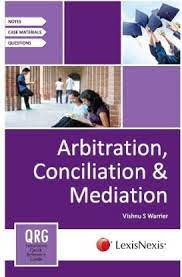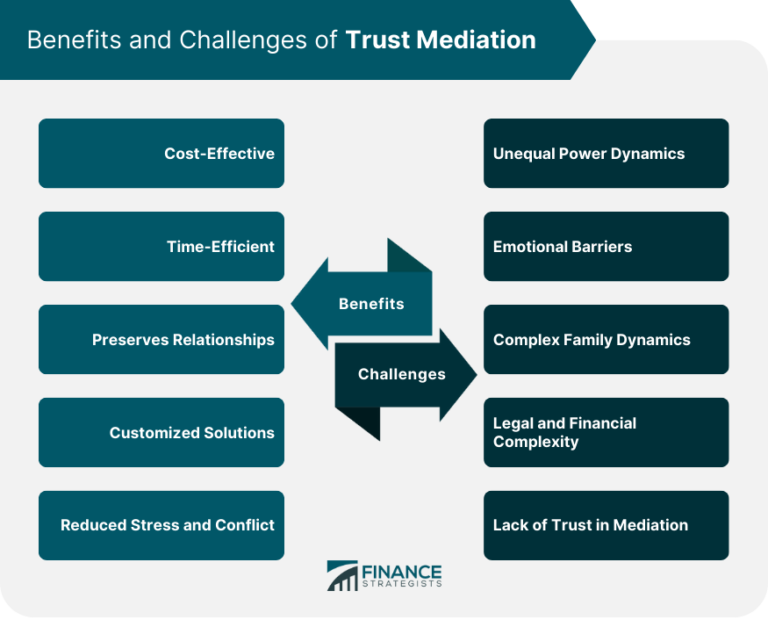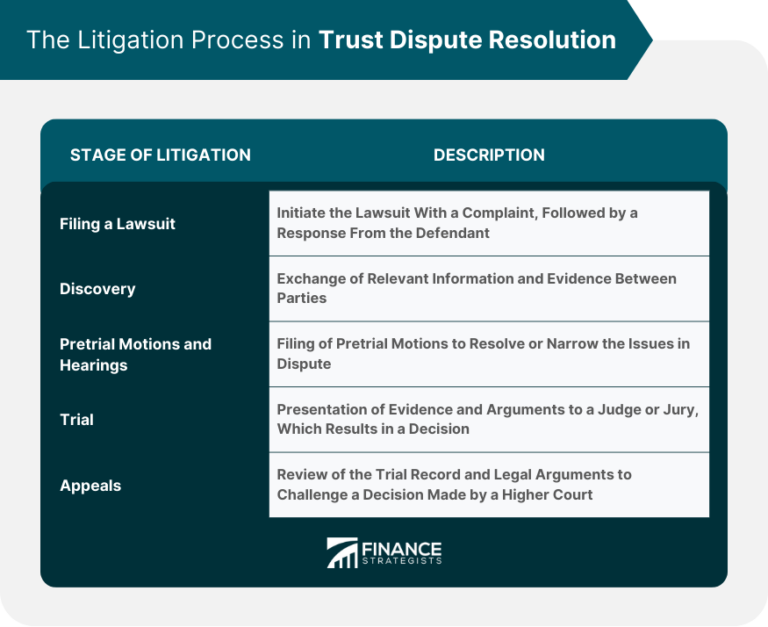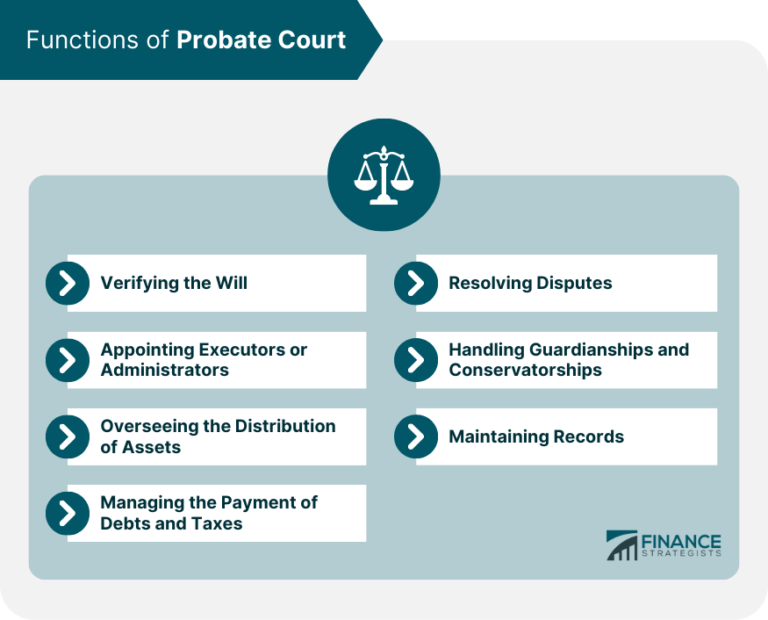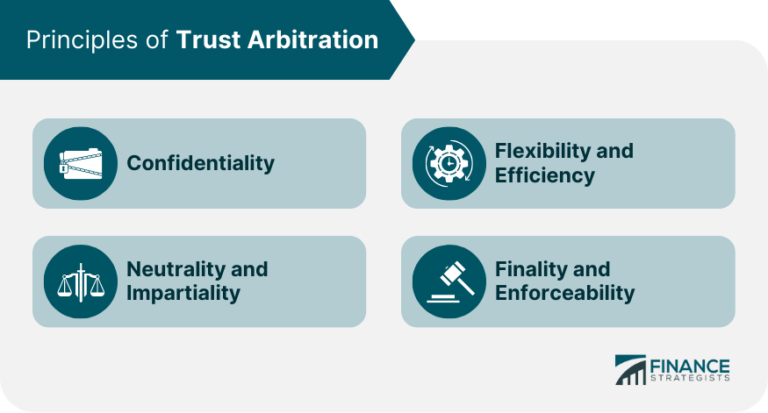Introduction
Definition of arbitration
Arbitration is a dispute resolution process that involves the parties submitting their case to a neutral third party, known as an arbitrator, who will make a binding decision. Unlike litigation, which takes place in a court of law, arbitration is a private and confidential process. It offers a more flexible and efficient alternative to litigation, as it allows the parties to tailor the proceedings to their specific needs and timelines. By choosing arbitration, parties can avoid the formalities and delays often associated with court litigation, while still obtaining a fair and enforceable resolution to their dispute.
Definition of litigation
Litigation refers to the process of resolving disputes through the court system. It involves filing a lawsuit, presenting evidence, and following the formal procedures set by the court. In litigation, the parties involved rely on a judge or jury to make a final decision on the matter. This legal process is often time-consuming and can be costly, as it requires hiring attorneys, paying court fees, and potentially going through multiple stages of appeals. Despite its drawbacks, litigation provides a structured and formalized approach to resolving conflicts, ensuring that all parties have the opportunity to present their case and seek a fair judgment.
Purpose of the article
The purpose of this article is to compare the costs and timeframes of arbitration and litigation. Arbitration and litigation are two different methods of resolving legal disputes, and understanding the differences in costs and timeframes can help individuals and businesses make informed decisions about which method to choose. By exploring the advantages and disadvantages of arbitration and litigation in terms of costs and timeframes, this article aims to provide readers with a comprehensive understanding of the factors to consider when deciding between the two options.
Costs of Arbitration

Arbitration fees
Arbitration fees, one of the key factors to consider when deciding between arbitration and litigation, can have a significant impact on the overall cost of resolving a dispute. Unlike litigation, where court fees are often fixed or relatively predictable, arbitration fees can vary depending on the complexity of the case, the number of arbitrators involved, and the chosen arbitration institution. These fees typically cover the costs of the arbitrators’ time, administrative expenses, and any additional services provided by the institution. It is important for parties to carefully review and understand the fee structure of different arbitration institutions to make an informed decision on which method of dispute resolution is more cost-effective for their specific case.
Legal representation costs
Legal representation costs can vary significantly between arbitration and litigation. In arbitration, parties typically bear the costs of hiring an arbitrator, which can be substantial depending on the complexity of the case. Additionally, each party is responsible for their own legal representation fees. On the other hand, in litigation, the costs of hiring a judge and court personnel are generally covered by the government. However, parties involved in litigation often face high legal fees due to the lengthy court proceedings and the need for extensive legal research and preparation. Therefore, when considering the costs of legal representation, it is important to carefully evaluate the specific circumstances of the case and weigh the potential expenses of arbitration versus litigation.
Expert witness fees
Expert witness fees can significantly impact the overall costs of both arbitration and litigation. In arbitration, parties are typically responsible for paying their own expert witness fees, which can vary depending on the complexity of the case and the expertise required. On the other hand, in litigation, expert witness fees can be awarded to the prevailing party as part of the overall costs. This difference in approach can have a significant impact on the financial burden of the dispute resolution process. Additionally, the timing of expert witness fees may also differ between arbitration and litigation, with fees often being incurred earlier in the arbitration process compared to litigation where they may be incurred closer to trial.
Costs of Litigation

Court filing fees
Court filing fees are an important consideration when deciding between arbitration and litigation. In arbitration, the parties typically share the costs of filing fees, which can vary depending on the complexity of the case and the arbitration provider chosen. On the other hand, in litigation, the filing fees are determined by the court and can be significant, especially in complex cases. These fees can add up quickly and become a burden for parties involved in a lawsuit. Therefore, when comparing the costs of arbitration and litigation, it is crucial to take into account the court filing fees and their potential impact on the overall expenses of the dispute resolution process.
Attorney fees
In the context of legal proceedings, attorney fees play a crucial role in determining the overall costs involved. When comparing arbitration and litigation, it is important to consider the differences in attorney fees. In arbitration, the parties typically share the cost of the arbitrator’s fees, which can vary depending on the complexity of the case. On the other hand, in litigation, each party bears the burden of their own attorney fees, which can be substantial, especially in complex and lengthy cases. Therefore, when deciding between arbitration and litigation, it is essential to take into account the potential impact of attorney fees on the overall cost of the dispute resolution process.
Discovery costs
Discovery costs refer to the expenses incurred during the process of gathering evidence and information in a legal case. In the context of arbitration and litigation, the costs associated with discovery can vary significantly. In litigation, discovery costs can be substantial, as it involves extensive document production, depositions, and expert witness fees. On the other hand, arbitration generally has lower discovery costs due to its streamlined and more efficient process. Arbitrators often limit the scope of discovery, resulting in reduced expenses for both parties. Overall, when comparing arbitration and litigation, it is important to consider the potential savings in discovery costs that arbitration can offer.
Timeframes of Arbitration

Selection of arbitrators
In the selection of arbitrators, parties have the opportunity to choose individuals with specific expertise and experience in the relevant field. Unlike litigation, where judges are assigned to cases without much input from the parties, arbitration allows for a more tailored approach. Parties can select arbitrators who have a deep understanding of the subject matter at hand, ensuring that the decision-making process is informed and efficient. This flexibility in selecting arbitrators can lead to a more favorable outcome for both parties, as they can have confidence in the expertise of the decision-maker.
Pre-hearing procedures
Pre-hearing procedures are an essential part of both arbitration and litigation processes. These procedures involve various steps that parties must follow before the actual hearing takes place. In arbitration, pre-hearing procedures may include the selection of arbitrators, exchange of documents and evidence, and the submission of pre-hearing briefs. On the other hand, in litigation, pre-hearing procedures may involve the filing of pleadings, discovery processes, and the scheduling of pre-trial conferences. These procedures aim to ensure that both parties have a fair and equal opportunity to present their case and prepare for the hearing. By carefully adhering to pre-hearing procedures, parties can streamline the overall process and facilitate a more efficient resolution of their dispute.
Arbitration hearing
Arbitration hearings are an essential part of the arbitration process. During these hearings, both parties present their arguments and evidence before an arbitrator or a panel of arbitrators. Unlike litigation, arbitration hearings are generally less formal and more flexible, allowing for a more efficient and streamlined process. The parties have the opportunity to present their case in a less adversarial setting, promoting a more collaborative approach to resolving disputes. Additionally, arbitration hearings are typically scheduled more quickly than court trials, resulting in a faster resolution of the dispute. Overall, arbitration hearings offer a cost-effective and time-efficient alternative to traditional litigation.
Timeframes of Litigation

Filing the lawsuit
When it comes to filing a lawsuit, there are distinct differences between arbitration and litigation. In arbitration, the process begins by submitting a demand for arbitration to the chosen arbitration organization. This demand outlines the claims and relief sought by the party initiating the arbitration. On the other hand, in litigation, the process starts by filing a complaint with the appropriate court. The complaint sets forth the allegations and legal basis for the lawsuit. Both arbitration and litigation require careful consideration of the specific requirements and procedures involved in initiating the legal action.
Discovery process
The discovery process is a crucial stage in both arbitration and litigation. It involves the exchange of information and evidence between the parties involved in a dispute. In arbitration, the discovery process is typically less formal and time-consuming compared to litigation. Parties have more control over the process and can tailor it to their specific needs. This flexibility often results in a faster resolution of disputes in arbitration. Additionally, arbitration allows for the use of expert witnesses, which can further expedite the discovery process. Overall, the discovery process in arbitration offers a more efficient and streamlined approach compared to litigation.
Trial and judgment
In the context of legal disputes, the process of trial and judgment plays a crucial role in determining the outcome. When comparing arbitration and litigation, it is important to consider the differences in the trial and judgment phase. In litigation, the trial typically takes place in a court of law, where the parties present their arguments and evidence before a judge or jury. The judge or jury then evaluates the evidence and makes a final decision, known as a judgment. This process can be time-consuming and costly, as it involves extensive preparation, court hearings, and potential appeals. On the other hand, in arbitration, the trial and judgment phase is typically more streamlined. The parties present their case before an arbitrator or a panel of arbitrators, who act as neutral third parties. The arbitrator(s) then review the evidence and render a final decision, known as an award. This process is often faster and more cost-effective compared to litigation. However, it is important to note that the enforceability of arbitration awards may vary depending on the jurisdiction and the terms of the arbitration agreement.
Comparison of Costs and Timeframes

Cost-effectiveness
When it comes to cost-effectiveness, arbitration and litigation have distinct differences. While litigation can be a lengthy and expensive process, arbitration offers a more streamlined and cost-effective alternative. In litigation, parties are required to pay various fees, such as filing fees, attorney fees, and court costs. Additionally, the duration of litigation can be unpredictable, often stretching over months or even years. On the other hand, arbitration allows parties to avoid some of these costs and delays. Arbitration fees are typically lower than litigation fees, and the process is generally faster, with a predetermined timeline for resolution. This makes arbitration a preferred choice for parties looking to resolve disputes in a more cost-effective and efficient manner.
Efficiency
Efficiency is a crucial factor to consider when choosing between arbitration and litigation. In arbitration, the process is typically faster and more streamlined compared to litigation. This is because arbitration allows parties to bypass many of the formalities and procedural complexities associated with traditional court proceedings. Additionally, arbitration offers more flexibility in terms of scheduling hearings and selecting arbitrators, which can help expedite the resolution of disputes. By opting for arbitration, parties can save valuable time and resources, making it a cost-effective and efficient alternative to litigation.
Finality of decisions
When it comes to the finality of decisions, arbitration and litigation differ in significant ways. In arbitration, the decision made by the arbitrator is usually final and binding, meaning that the parties involved must abide by the outcome. This can provide a sense of certainty and closure to the dispute, as there are limited avenues for appeal. On the other hand, in litigation, the finality of decisions can vary depending on the jurisdiction and the possibility of appeals. While some court decisions may be final, others can be appealed to higher courts, leading to a potentially lengthy and uncertain process. Therefore, parties seeking a more conclusive resolution may find arbitration to be a preferable option due to its generally final and binding nature.

